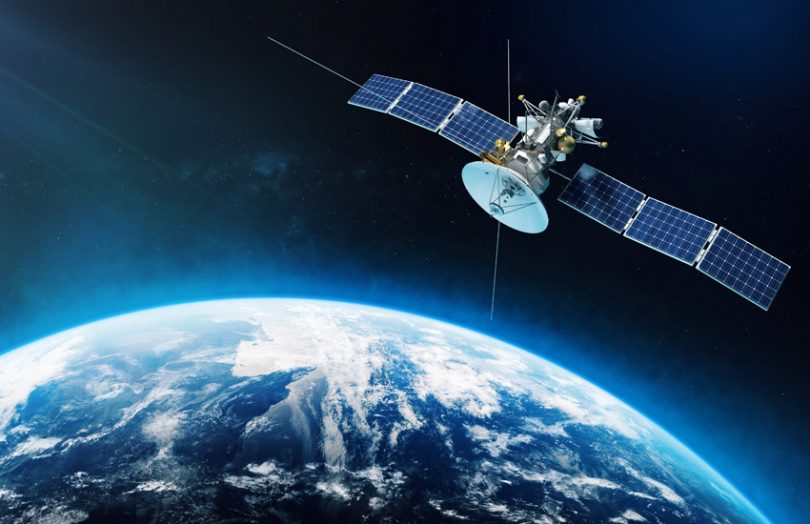On 17 September 2020, blockchain firm Xage Security announced it had been awarded a contract by the Air Force Research Lab to support the U.S. Space Force (USSF) for cybersecurity. Xage Security will be responsible for evaluating and preparing their blockchain-based end-to-end protection solution across civilian and military assets. Space defense was originally part of the Air Force but in December 2019 it became an independent branch of the armed forces.
The USSF is heavily reliant on technology and requires a solution that ensures confidentiality, cyber-security, and data integrity across multiple platforms and organizations. They hope to leverage blockchain technology to both combat and prevent even the most sophisticated cyberattacks.
Blockchain-based solution Security Fabric claims to be able to handle the extraordinary requirements of space. Breaking down some of the needs, the first is communication between systems. Next is access control making sure that identities are adequately verified. Data also has to be protected, in part through access controls, but also through logging. There’s a risk that a single intrusion could disable an entire system, but Xage’s system addresses this. And then there’s the fairly likely scenario of a communications failure with earth. By automating security processes, satellites can continue to operate securely.
This is not the first time Xage has been involved with U.S. Governmental departments. Late last year, Xage announced the U.S. Air Force had awarded it a security contract for the Department of Defense. While the initial award was less than $50,000 we note two additional awards, including one for $743,000 this June.
In June 2019, the Department of Energy also awarded Xage a research and development grant, funding their work in securing networks using distributed ledger technology. Part of this research included demonstrating how power grids can be protected with blockchain technology.
Europe has also started looking at blockchain space, with the European Space Agency awarding blockchain firm SpaceChain UK funding for its open-source satellite network last year. In this network, satellites act as the blockchain’s ‘space nodes,’ supposedly being safer and more accessible than having nodes down on earth. By having nodes in space, SpaceChain will be able to monitor supply chains anywhere in the world.






